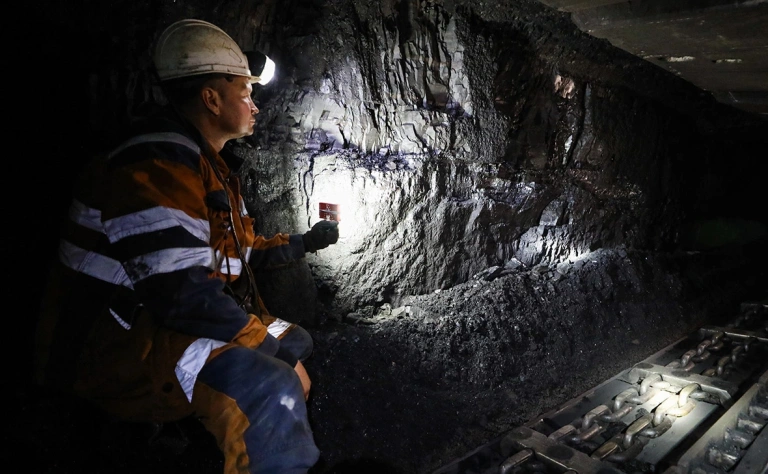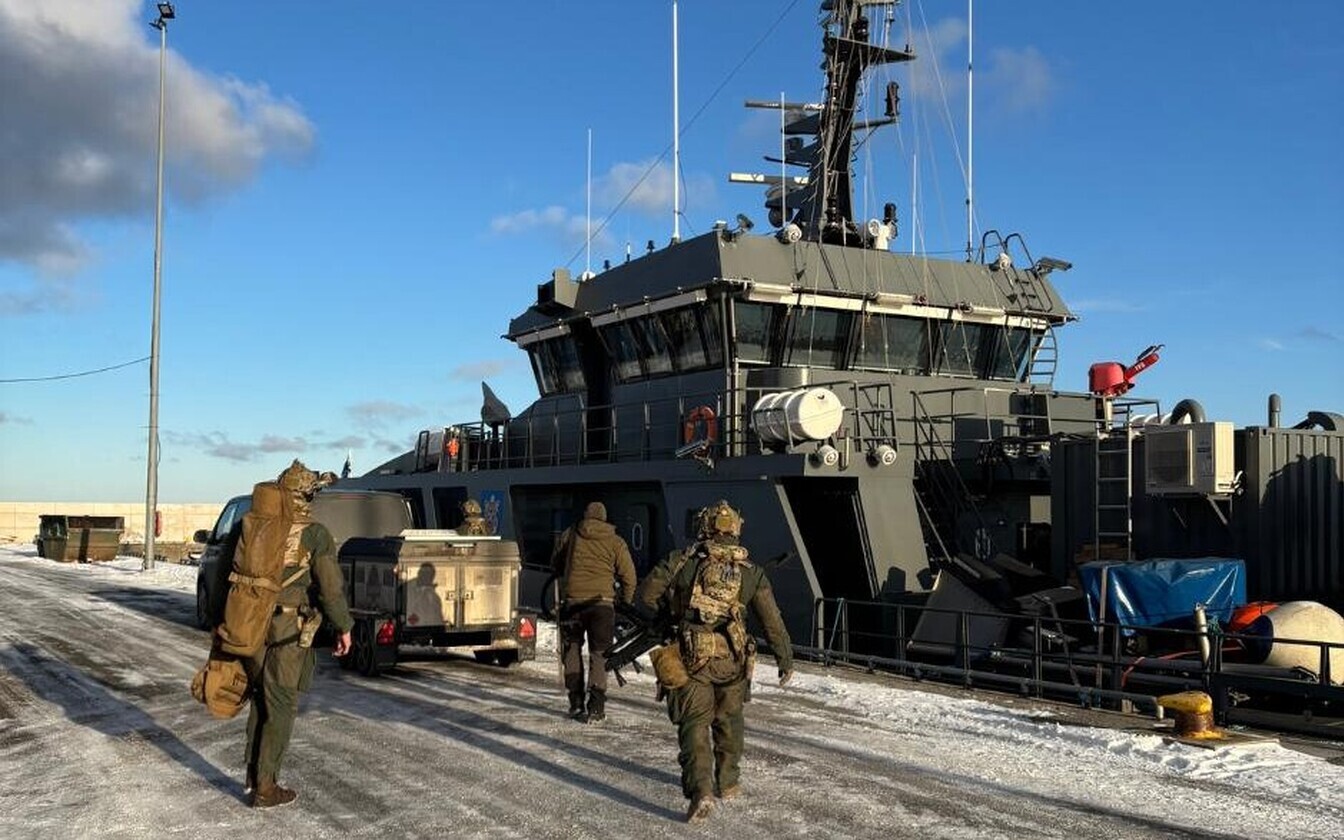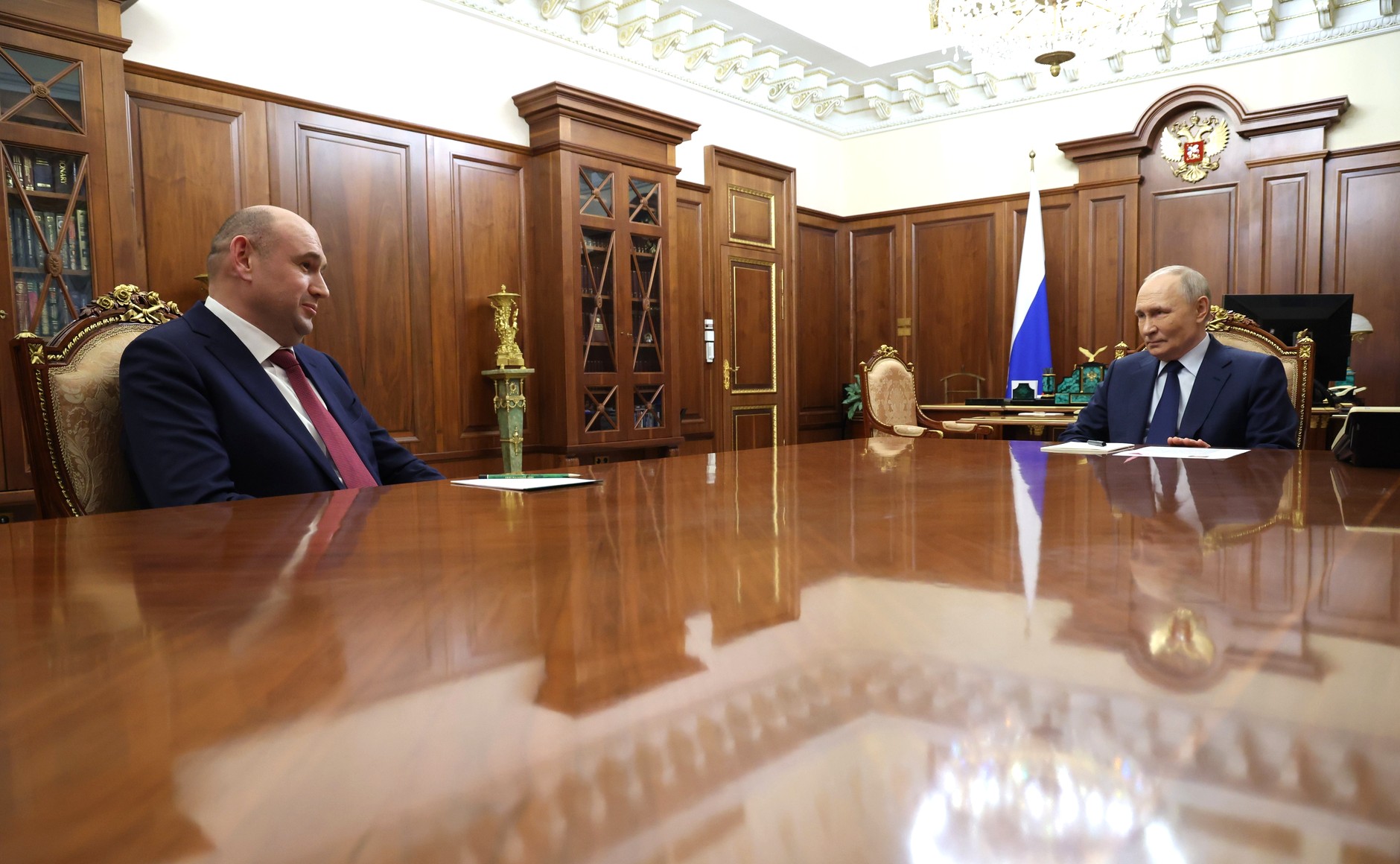RUSSIA AND GERMANY RESTART THEIR SPECIAL PARTNERSHIP
RUSSIA AND GERMANY RESTART THEIR SPECIAL PARTNERSHIP
The two-headed Russian leadership is seeking to demonstrate that the “issues” in their relations with key European countries caused by the Georgian “episode” have come to an end in less than a month. Precisely that was achieved in the Russian-German summit in St. Petersburg last week where Russian President Dmitry Medvedev and German Chancellor Angela Merkel presided over several wide-ranging meetings of key ministers and business leaders (Rossiiskaya gazeta, RBC Daily, October 3). The leaders felt obliged to discuss the post-war settlement and confirmed that “differences on this issue have not all been settled yet,” and Merkel insisted that “Georgia’s territorial integrity is not open to discussion.” Medvedev also saw no point in such discussions and was ready to leave those to other forums, such as the Council of Europe, where parliamentarians had a two-day-long shouting match last week resulting, predictably, in a hollow resolution (Kommersant, October 3).
Merkel knew perfectly well that with the German economy sliding into recession, business interests had to have precedence above everything else, so she uttered one phrase that removed most political obstacles to trade and investment—the “time was not ripe” for granting Georgia and Ukraine Membership Action Plans (MAP) for joining NATO. The confirmation that at the December NATO Ministerial meeting Germany would remain opposed to approving the two MAPs was duly issued, and a whole range of business deals made great progress. The central agreement involved the German energy giant E.ON, which after four years of negotiations acquired a 25 percent share in the Yuzhno-Russkoye gas field. The deal is quite profitable for Gazprom, which has bought back 1.44 percent of its shares (currently worth some $ 2.5 billion, down by half from three months ago), but it would perhaps have preferred to receive some assets in Europe (Vedomosti, October 3). The recent arrangement in Italy giving Gazprom direct access to Italian consumers fits better into its strategy of expanding control over European distribution networks (Kommersant, September 29).
For Medvedev and Putin (who was noticeably absent from the St. Petersburg bonding), achieving a breakthrough on the European front was imperative, since they are concerned that the wave of “patriotic” mobilization triggered by the five-day war could carry them too far toward a confrontation with the West (Vedomosti, September 24). Fostering a pre-emptive détente in this quasi-Cold War, Medvedev is recycling his initiative on a new pan-European security pact; but neither Merkel nor Spanish Prime Minister Jose Luis Zapatero, who also paid a visit to St. Petersburg, showed any interest. The lull in security cooperation affects many business interests, and the Moscow stock market has experienced a near-catastrophic “correction.” Putin’s $50 billion rescue package has failed to check this trend, and last Friday the key indices recorded a new 7 percent fall (www.gazeta.ru, Kommersant, October 3). Seeking to encourage a return of European investors, Medvedev resumed his trademark campaign against corruption and held a meeting with Viktor Vekselberg, the oligarch who initiated a bitter conflict in the TNK-BP oil company, in order to announce the end of this high-profile quarrel.
More carefully orchestrated good news could be in the making, including Gazprom’s possible acquisition of a 20 percent stake in the Spanish oil company Repsol, but the topic that Medvedev tries to exploit to the maximum effect is Russia’s financial solvency (www.gazeta.ru, October 3). He emphasizes again and again that the point of origin of the devastating crisis was not the now-proverbial sub-prime mortgages but the disarray in the U.S. budget, and he points out that Russia has free reserves to shore up its partners in need. Illuminating this proposition, some Russian experts argue that Sberbank should have made a bid for Lehman Brothers before that respectable bank collapsed but that new opportunities will certainly emerge (Expert, September 29). What follows logically is the conclusion that the EU and Russia should take more responsibility for managing global finances underpinned by Russian contributions to financial institutions in select European states. Germany remains opposed to setting a common EU fund for rescuing troubled banks, as Merkel told French President Sarkozy who held an emergency summit in Paris over the weekend; and that is fine with Russia, which prefers to deal with its key European allies and not with the EU bureaucracy.
The Europeans are aware that the source of Russia’s wealth is their payments for energy resources, which are still rising as Gazprom’s export price for gas reached an astonishing $500 per 1,000 cubic meters (Kommersant, October 2). By mid-2009 it is certain to drop to $350 followed by a lag in the trajectory of oil prices, but the crucial moment is now; and for the EU there is no alternative to grasping every business opportunity in Russia. There is nevertheless much unease in Europe about a partnership with Putin’s Russia, since Medvedev’s “business-friendly” policy has retrogressed until it is barely discernible. The country’s political development over the last 15 years, from the tanks in the streets of Moscow in October 1993 to the tanks on the outskirts of Tbilisi in August 2008, shows a consistent propensity for relying on military force as the ultimate political argument.
The unwelcome political reality of deepening European dependency upon Russia is somewhat similar to the American asymmetric and unbalanced economic relations with China, which is the main holder of U.S. state debt, although mutual trust is very weak and political compatibility nonexistent. In both Moscow and Beijing the current analyses of the political options available to the West in mitigating the unfolding economic disaster actually encourages their self-assertive and resolutely anti-democratic behavior. The multi-polar world that Medvedev is propagating with the approving nods of Chinese comrades could, however, turn out to be far more brutally competitive and violent than Russia is able to handle (Nezavisimaya gazeta, September 16). The easy victory over Georgia has propelled Russia toward a dangerous trap of self-aggrandizement, and the renewed dialogues with the Europeans create an impression that the price for revisionism is symbolic. Medvedev would perhaps prefer the next step to be a business takeover, but tanks still hold sway.


